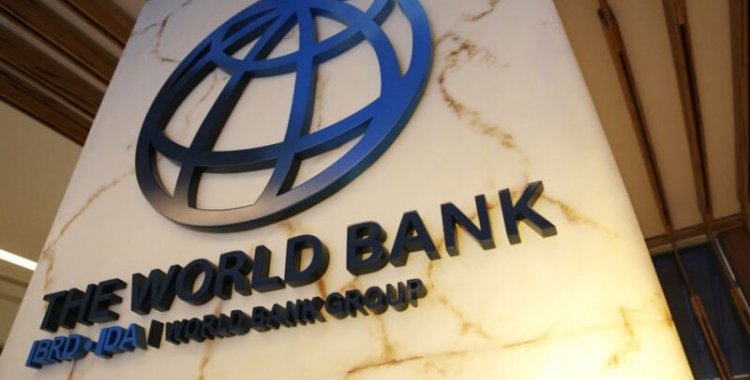According to the part of the report on sub-Saharan Africa, including in the document on global economic prospects, all Portuguese-speaking countries saw their growth prospects deteriorate, with the exception of Equatorial Guinea, a country for which the World Bank maintains the forecast of 2.7 percent recession.
Equatorial Guinea is, along with South Sudan (-0.8 percent), the only country in the region that is expected to record negative growth this year, with -2.6 percent, and is even the only one that should continue 'in the red' in 2024, the year in which it should extend the drop to 3.4 percent.
In Angola, the World Bank estimates that the country will grow by 2.8 percent, 0.5 points less than forecast in June, while Cape Verde is expected to register an expansion of 4.8 percent, that is, less 1. 3 points than predicted in June.
In Guinea-Bissau, the World Bank continues to predict growth of 4.5 percent for this and next year, and in Mozambique it cut a percentage point to the forecast for economic expansion, which is now 5 percent.
In São Tomé and Príncipe, the new forecast of 2.1 percent represents a cut of 0.9 points compared to the estimate made in June.
The document forecasts 5 percent growth in sub-Saharan Africa this year and next, slightly below the June forecast, economists say, warning that "the external environment is likely to remain challenging for some countries, with further declines in various commodity prices raw materials, which should harm revenues and exports".
Many countries, they add, "should continue to face high prices for imports of fertilizers and fuel, despite being below the peak registered last year".
At the regional level, sub-Saharan Africa is expected to have grown by 3.4 percent last year, 0.3 percentage points below the June forecast, due to the lower growth forecast "in more than 60 percent of countries".
This happens due to the slowdown of the global economy and the tightening of financial conditions, together with the increase in inflation, which undermined the already fragile recoveries and increased internal vulnerabilities", concludes the World Bank, which dropped from 3 percent to 1.7 percent global growth forecast for 2023.







